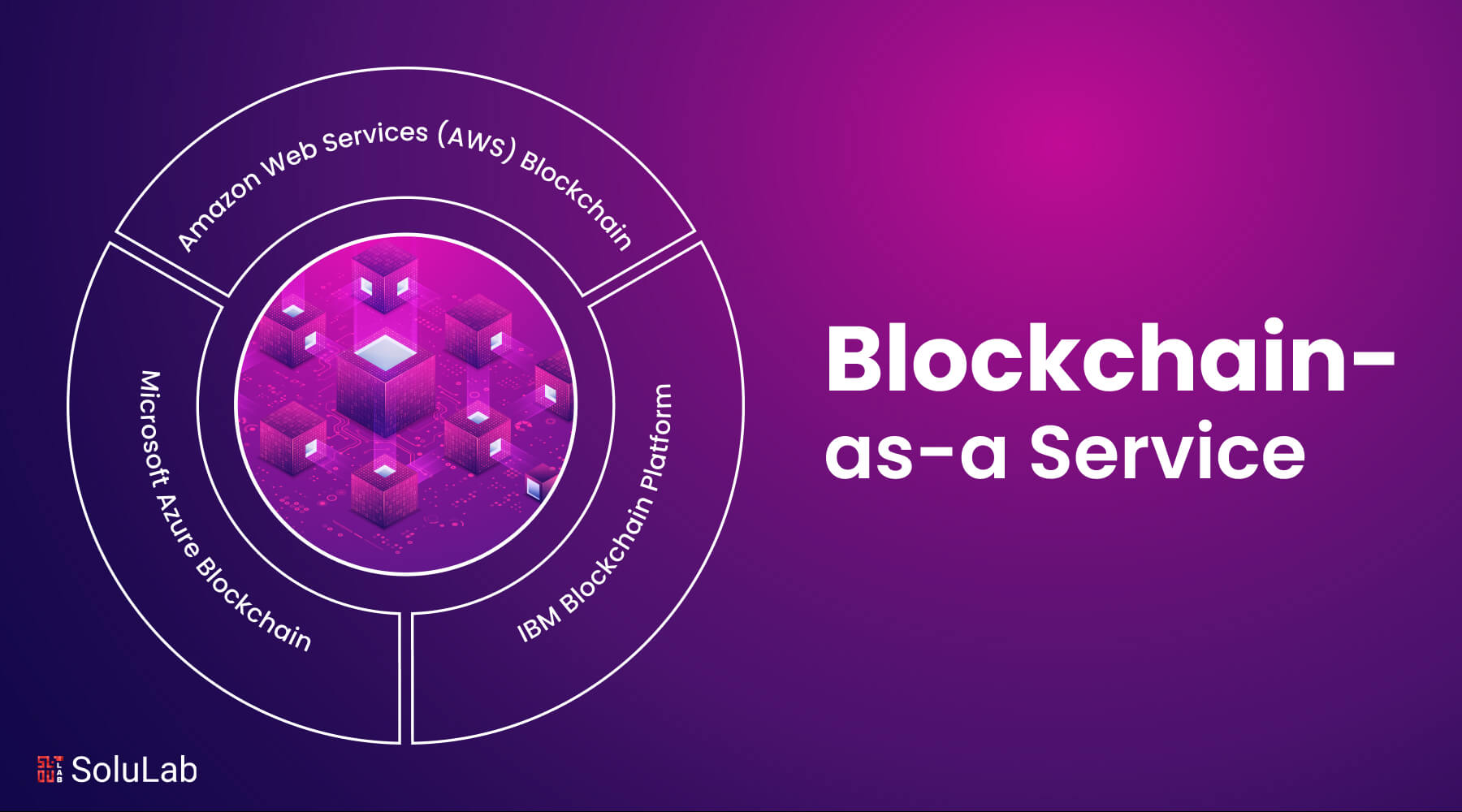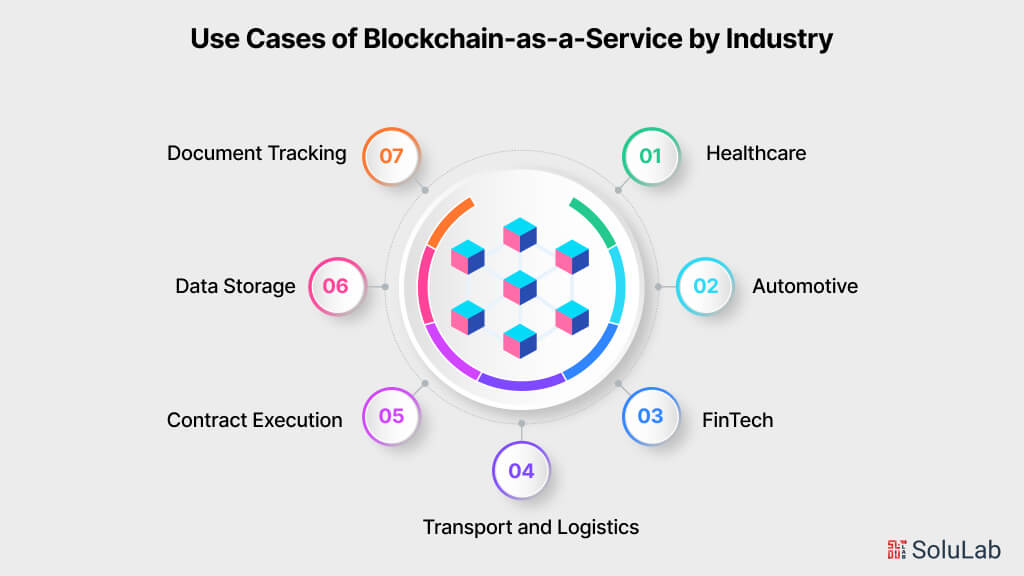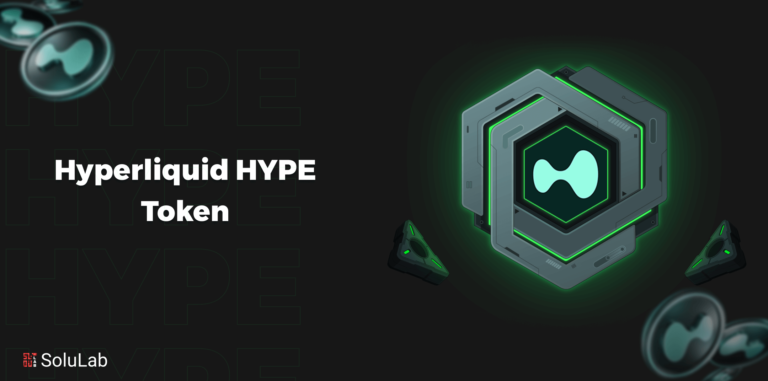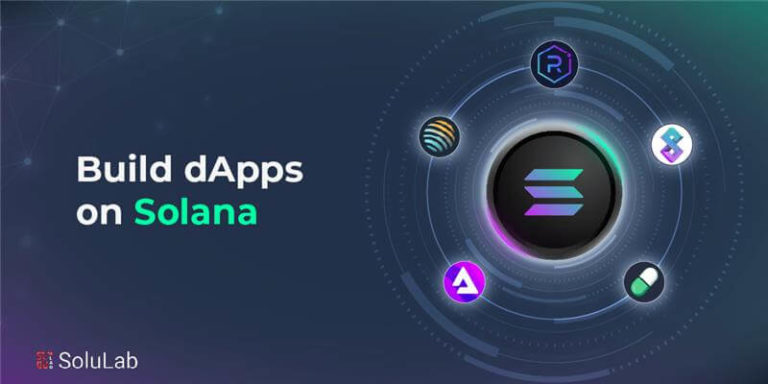
The real-world uses of Blockchain are growing by the minute. It has several real-world uses and benefits, but digital firms continue to find it difficult to realize the full potential of blockchain technology. In today’s world, keeping ahead frequently necessitates the use of innovative technologies. Blockchain-as-a-Service (BaaS) is one such technology that is creating waves in several sectors. In this digital age, when data security, transparency, and efficiency are critical, BaaS platforms provide a compelling alternative for enterprises wishing to harness the potential of blockchain without having to construct and manage their infrastructure.
In this blog, we venture into the world of Blockchain-as-a-Service, covering its basics, functions, and the numerous benefits it provides to organizations of all kinds. BaaS systems can transform the way organizations function in the digital age by improving security, simplifying processes, promoting trust, and allowing new income sources.
What is Blockchain-as-a-Service?
Blockchain-as-a-Service (BaaS) is a cloud-based service model that enables businesses to utilize blockchain technology without the need for extensive in-house infrastructure and expertise. Essentially, BaaS platforms provide a suite of blockchain-related tools and services, including development environments, pre-built templates, and APIs, allowing organizations to quickly and easily build, deploy, and manage blockchain applications and smart contracts.
By utilizing BaaS, businesses can harness the transformative potential of blockchain technology to enhance security, improve transparency, streamline processes, and unlock new business opportunities. With BaaS, organizations can focus on innovating and delivering value to their customers, rather than grappling with the complexities of blockchain development and maintenance.
Some of the top BaaS providers in the market include industry giants like Microsoft Azure, IBM Blockchain Platform, and Amazon Web Services (AWS) Blockchain. These providers offer a range of services tailored to meet the diverse needs of businesses across various industries, making it easier for organizations to integrate blockchain into their operations and drive digital transformation.
How Does the Business Model for Blockchain-as-a-Service Work?
The method via which third parties set up, host, and manage a Blockchain network on account of enterprises is referred to as the blockchain-as-a-service business model. In exchange for payments, the service provider provides the services for setting up blockchain technology and infrastructure.
Blockchain-as-a-service for businesses functions much like a web hosting company in many aspects. It gives clients access to cloud-based tools for creating and hosting smart contracts and Blockchain applications within the provider-managed ecosystem.
In conventional businesses, the BaaS integration offers assistance for resource allocation, bandwidth control, data security features, and hosting needs. The ability of businesses to focus on their core competencies rather than the intricacies of Blockchain operations is the largest effect of BaaS on a company.
How Organizations are Being Shaped by Blockchain-as-a-Service?
Marketsand Markets projects that the worldwide BaaS market will reach a value of USD 11,519 million by 2026, which is enormous for contemporary businesses. Blockchain-as-a-service is only having an impact on SMEs and startups that rely heavily on big data silos. Along with smart data security and competitive advantage, BaaS also can remove third-party delegates. This has an advantage over expense.
Blockchain technology is being used by consumers and businesses. Nevertheless, in addition to the technological difficulties, the operational overhead costs associated with infrastructure construction, configuration, operation, and maintenance serve as a barrier. No matter how great, the benefits of blockchain technology applications for SMEs are energy and resource-expensive, which will hinder the technology’s widespread adoption.
Businesses may gain the expertise required to operate the Blockchain infrastructure by renting a Blockchain infrastructure in BaaS. The ease with which the service agreement may be quickly ended or ramped up significantly reduces the initial cost required to enter the technology market.
BaaS business benefits allow companies to keep up with technological advancements without taking unwarranted risks.
Startups Using BaaS
The benefits of Blockchain-as-a-Service (BaaS) are best suited for enterprises, particularly small ones, who outsource technology and are not heavily involved in the inner workings of the blockchain. It lets these companies learn about the technology without requiring them to create their own exclusive Blockchain.
Numerous sectors employ the incorporation of BaaS systems for tasks including supply chain management, payments, and identity management. Blockchain development services are quickly becoming the go-to answer for many SME problems, such as cutting out intermediaries and lacking transparency.
Use Cases of Blockchain-as-a-Service by Industry

Since Blockchain, as previously said, is a data management platform, data-keeping will be at the core of any solution within its domain. The use examples that follow demonstrate how various firms employ blockchain technology for transparency and immunity.
1. Healthcare
Because blockchain maintains a universal and transparent version of patient medical data, it has significantly altered the healthcare industry. Thanks to well-organized and updated data, blockchain technology has facilitated the provision of immediate treatment to individual patients by a number of medical specialists.
Additionally, blockchain helps verify the legitimacy of pharmaceuticals. This implies that the source of any medicine or chemical may be determined. Manufacturers that have been recalling certain ingredients for prescription medications have greatly benefited from this.
2. Automotive
Handling supply chains and avoiding fake components is the automotive industry’s greatest problem. Here, the blockchain platform as a service comes to the rescue by providing transported automobile parts with end-to-end accessible data. This makes it easier for car companies to locate and distinguish between real and bogus spare parts.
Furthermore, the efficient flow within the sector has been disrupted by Blockchain services in the production and supply chain. Essential components are always available, and companies may achieve maximum output with the fewest possible obstacles.
3. FinTech
Every average banking consumer now feels at ease thanks to blockchain technology in FinTech, since it has simplified several financial procedures, such as the KYC and AML verification processes.
In addition to enhancing transparency and immutability to avert conflicts. Customers may now use smart cards thanks to blockchain services. These smartcards facilitate quicker financial payments without requiring central authority certification.
Check Our Case Study: OborTech
4. Transport and Logistics
Identity verification is critical to the logistics and transportation industries, respectively, for both people and products. Passengers may complete the full procedure quickly and easily with only one identity token. In a similar vein, freight movement, verification effectiveness, and fault tolerance.
Blockchain platform-as-a-service offers different sectors and data silos a failsafe method.
5. Document Tracking
Blockchain technology provides a decentralized and unchangeable system for tracking documents. By storing documents on the blockchain, all participants have fair access to information, while the immutability of the blockchain ensures the security of these documents.
This robust architecture ensures transparency and trust among stakeholders, making it a reliable solution for document management in various industries.
6. Data Storage
The utilization of decentralized blockchain storage significantly minimizes the risk of data loss, particularly benefiting heavily regulated sectors such as healthcare and real estate. The immutable and secure nature of blockchain data storage provides assurance to these industries regarding the integrity and confidentiality of sensitive information. This not only enhances data protection measures but also fosters greater trust among stakeholders.
As a result, blockchain emerges as a pivotal technology, offering unparalleled advantages in maintaining the integrity and security of data across diverse sectors.
7. Contract Execution
Under the Blockchain’s smart contracts service, a dedicated platform facilitates the execution of contracts, ensuring heightened levels of transparency. The decentralized architecture ensures that all involved parties possess equal access to pertinent information, fostering a fair and equitable environment for contract execution.
Furthermore, this distributed ledger technology not only enhances transparency but also streamlines the contract execution process, reducing the need for intermediaries and associated costs. With automated enforcement of contractual terms and conditions, smart contracts offer efficiency and reliability, thereby revolutionizing traditional contract management practices. This innovative approach not only mitigates disputes but also enhances trust among parties, paving the way for more efficient and secure transactions across various industries.
Read Blog: How Blockchain Is Revolutionizing the Fintech Industry?
The Regional Adoption of Blockchain-as-a-Service
BaaS has a large global market, particularly in the United States, Mexico, and Canada. One of the primary reasons for this is the existence of SMEs and major firms in the United States, as well as a readiness to mix technology with public services.
Europe has also been regarded as the top BaaS market. Government backing from many nations has been a significant driving force behind Blockchain and BaaS adoption.
The third-largest market for BaaS integration is the Asia Pacific (APAC) region. The technology is set to develop in the area, driven by the increasing investment in China, South Korea, Japan, and conventional enterprises that are integrating BaaS.
Top BaaS Providers in 2024
Blockchain-as-a-Service (BaaS) is establishing itself as a game changer for organizations who are interested in utilizing the potential of blockchain technology without the hassles of infrastructure administration. Here, we look at the top BaaS providers who are leading the way in enabling smooth blockchain connectivity for organizations across several sectors.
1. Microsoft Azure Blockchain
- Overview: Microsoft Azure Blockchain offers a robust suite of services tailored to simplify blockchain development and deployment. With Azure Blockchain Service and Azure Blockchain Workbench, users gain access to tools for building, governing, and deploying blockchain networks effortlessly.
- Key Features: Seamless integration with Azure services, support for Ethereum and Hyperledger Fabric, built-in governance, and monitoring tools, scalability, and high availability.
- Market Presence: Widely recognized and trusted by enterprises globally, particularly prevalent in finance, healthcare, and supply chain sectors.
2. IBM Blockchain Platform
- Overview: The IBM Blockchain Platform provides a comprehensive set of tools and services designed to accelerate blockchain adoption across industries. Offering support for multiple frameworks and deployment options, IBM empowers enterprises to build, operate, and scale blockchain networks with ease.
- Key Features: Flexible deployment options (cloud, on-premises, hybrid), advanced analytics and insights, integration with IBM Cloud services, and industry-specific solutions for supply chain, finance, and healthcare.
- Market Presence: Highly regarded by enterprises seeking enterprise-grade blockchain solutions, prevalent in regulated industries where security and compliance are paramount.
3. Amazon Web Services (AWS) Blockchain
- Overview: AWS Blockchain offers a suite of managed blockchain services that enable users to create and manage blockchain networks effortlessly. With services like Amazon Managed Blockchain and Amazon Quantum Ledger Database (QLDB), users can leverage the scalability, security, and reliability of AWS for their blockchain applications.
- Key Features: Fully managed blockchain infrastructure, support for popular frameworks like Hyperledger Fabric and Ethereum, integration with other AWS services, and a pay-as-you-go pricing model.
- Market Presence: Highly adopted across various industries, including finance, gaming, and logistics, AWS Blockchain stands out for its reliability, scalability, and ease of use.
Read Our Blog: Top Blockchain Technology Companies in 2024
Examining Self-hosted Blockchain as an Alternative
Up till now, we have examined the BaaS ecosystem, the list of leading providers, and how Blockchain infrastructure as a service is impacting small businesses. Even if everything points to this strategy being a smart one, companies risk missing out on the core principle of blockchain technology—decentralization.
So what other option is there? Self-hosted blockchain provides the solution.
Because of the setup, retirement, and operating expenses, the ownership amount of a self-hosted blockchain application is often much larger. Furthermore, using this technique can cost up to $100,000 to build and implement a smart contract.
A Blockchain application hosted on the cloud as a BaaS offering, however, may cost around $0.29 every allotted CPU hour. This implies that companies would only be required to pay for the specific service units that they really utilize.
The number of concurrent transactions, transaction rate, payload size on transactions, and other variables affect the BaaS model’s expenses.
Final Words
To sum up, Blockchain-as-a-Service, or BaaS, is not just a technological advancement but also a driver of efficiency and development in a company. Because of its capacity to provide improved security, openness, efficient operations, and financial savings, it is an appealing option for companies in a variety of sectors. Through the utilization of leading Blockchain as a Service (BaaS) providers such as Microsoft Azure Blockchain, IBM Blockchain Platform, and AWS Blockchain, enterprises may fully realize the benefits of blockchain technology and maintain an advantage in the current market.
Do you wish to use blockchain technology for the benefit of your business advantage? SoluLab, a top blockchain development company, is ready to assist. Our team of specialists is here to help you every step of the way, whether you’re looking for BaaS solutions, creating custom blockchain apps, or hire blockchain developers. Get in touch with us right now to start your blockchain adventure and transform your business’s operations.
FAQs
1. What is Blockchain-as-a-Service (BaaS), and how does it differ from traditional blockchain deployment?
Blockchain-as-a-Service (BaaS) is a cloud-based service model that allows businesses to utilize blockchain technology without the need for extensive in-house infrastructure and expertise. Unlike traditional blockchain deployment, where organizations have to build and maintain their own blockchain networks, BaaS platforms offer pre-built infrastructure and tools for faster and easier deployment.
2. What are the key benefits of using Blockchain-as-a-Service for businesses?
Some key benefits of using Blockchain-as-a-Service include enhanced security, increased transparency, streamlined operations, cost savings, and scalability. By leveraging BaaS, businesses can mitigate security risks, improve trust among stakeholders, automate processes through smart contracts, reduce operational expenses, and quickly scale their operations as needed.
3. Which industries can benefit the most from Blockchain-as-a-Service solutions?
Industries such as finance, healthcare, supply chain, real estate, and logistics stand to benefit the most from Blockchain-as-a-Service solutions. These sectors often deal with sensitive data, complex transactions, and regulatory compliance requirements, making the transparency, security, and efficiency offered by BaaS platforms particularly valuable.
4. What are some popular Blockchain-as-a-Service providers in the market?
Some popular Blockchain-as-a-Service providers include Microsoft Azure Blockchain, IBM Blockchain Platform, and Amazon Web Services (AWS) Blockchain. These platforms offer a range of services and features tailored to meet the diverse needs of businesses across various industries.
5. How can a blockchain development company like SoluLab assist businesses in leveraging Blockchain-as-a-Service?
SoluLab, as a leading blockchain development company, can help businesses explore, implement, and optimize Blockchain-as-a-Service solutions. Whether it’s developing custom blockchain applications, integrating BaaS platforms into existing systems, or providing expertise to navigate the complexities of blockchain technology, SoluLab’s team of experienced blockchain developers and consultants is equipped to support businesses at every stage of their blockchain journey.






